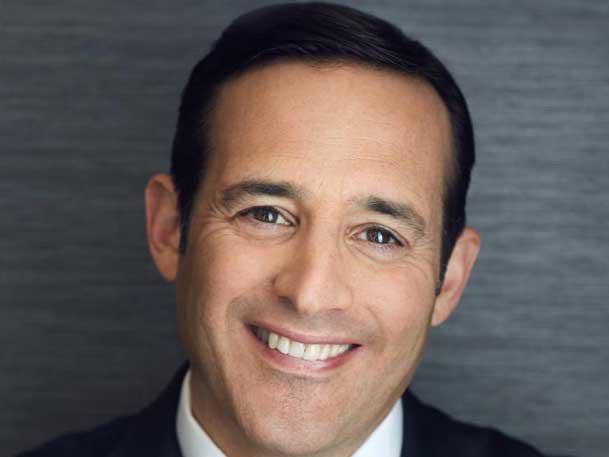McAfee Eyes More M&A Following Sale Of Enterprise Business
‘We’ll continue to look at things that potentially broaden and also create an opportunity for us to bring more differentiation to the market,’ says McAfee President and CEO Peter Leav.

McAfee will continue to examine acquisition opportunities that provide greater breadth or competitive differentiation as the company transitions into being a pure-play consumer cybersecurity vendor.
The San Jose, Calif.-based company said its $25 million purchase of consumer VPN provider TunnelBear in February 2018 has served McAfee really well, according to President and CEO Peter Leav. The company will free up $4 billion from the sale of its enterprise business to private equity firm Symphony Technology Group (STG), which was announced March 8 and is expected to close by the end of 2021.
“The market is arguably a bit frothy, but we will over time continue to look at those opportunities,” Leav (pictured above) told Wall Street analysts Tuesday. “We’ll continue to look at things that potentially broaden and also create an opportunity for us to bring more differentiation to the market.”
[Related: McAfee Enterprise Business To Be Sold To STG For $4B]
McAfee has made five acquisitions since the company was spun out from Intel in April 2017, but all the purchases except for TunnelBear were directed toward the company’s $1.33 billion enterprise division rather than its $1.56 billion consumer business. The enterprise business will be rebranded in the coming months, while the consumer division will continue to be publicly traded under the McAfee name.
The four enterprise-focused transactions include: the $590 million buy of cloud access security broker Skyhigh Networks in January 2018; the purchase of zero-trust application platform Nanosec in August 2019; the acquisition of predictive security analytics platform Uplevel Security in September 2019; and the buy of browser isolation firm Light Point Security in February 2020.
McAfee has done a very effective job when it comes to managing its use of capital, and Leav said the company has no intention of changing that as it pursues future M&A opportunities.
“We’re going to look at things that make sense,” Leav told Wall Street analysts. “So it’s absolutely not off the table, but we’ll continue to be very responsible.”
Sales for the quarter ended March 27 climbed to $773 million, up 12.8 percent from $685 million a year earlier. That crushed Seeking Alpha estimates of $732.6 million.
Net income skyrocketed to $94 million, or $0.18 per diluted share, up sharply from $9 million a year earlier. On a non-GAAP basis, net income surged to $198 million, or $0.44 per diluted share, up 59.7 million from $124 million a year earlier. That beat Seeking Alpha estimates of $0.36 per share.
McAfee’s stock is down $0.98 (4.07 percent) to $23.12 per share in after-hours trading. Earnings were announced after the market closed Tuesday.
Revenue from McAfee’s enterprise business remained unchanged at $331 million, while net income climbed to $11 million, or $0.02 per diluted share, up from $1 million a year earlier. On a non-GAAP basis, net income jumped to $88 million, or $0.20 per diluted share, up 46.7 percent from $60 million a year earlier.
Sales in McAfee’s consumer division, meanwhile, surged to $442 million, up 24.9 percent from $354 million a year earlier. Net income leapfrogged to $83 million, or $0.16 per diluted share, up from just $8 million a year earlier. On a non-GAAP basis, net income surged to $110 million, or $0.25 per diluted share, up 71.9 percent from $64 million a year earlier.
For the quarter ending June 26, McAfee expects revenue in its consumer business of $430 million to $434 million on earnings before interest, taxation, depreciation, and amortization (EBITDA) of $161 million to $165 million. McAfee didn’t provide a financial outlook for its enterprise business due to the proposed sale of the division to STG.